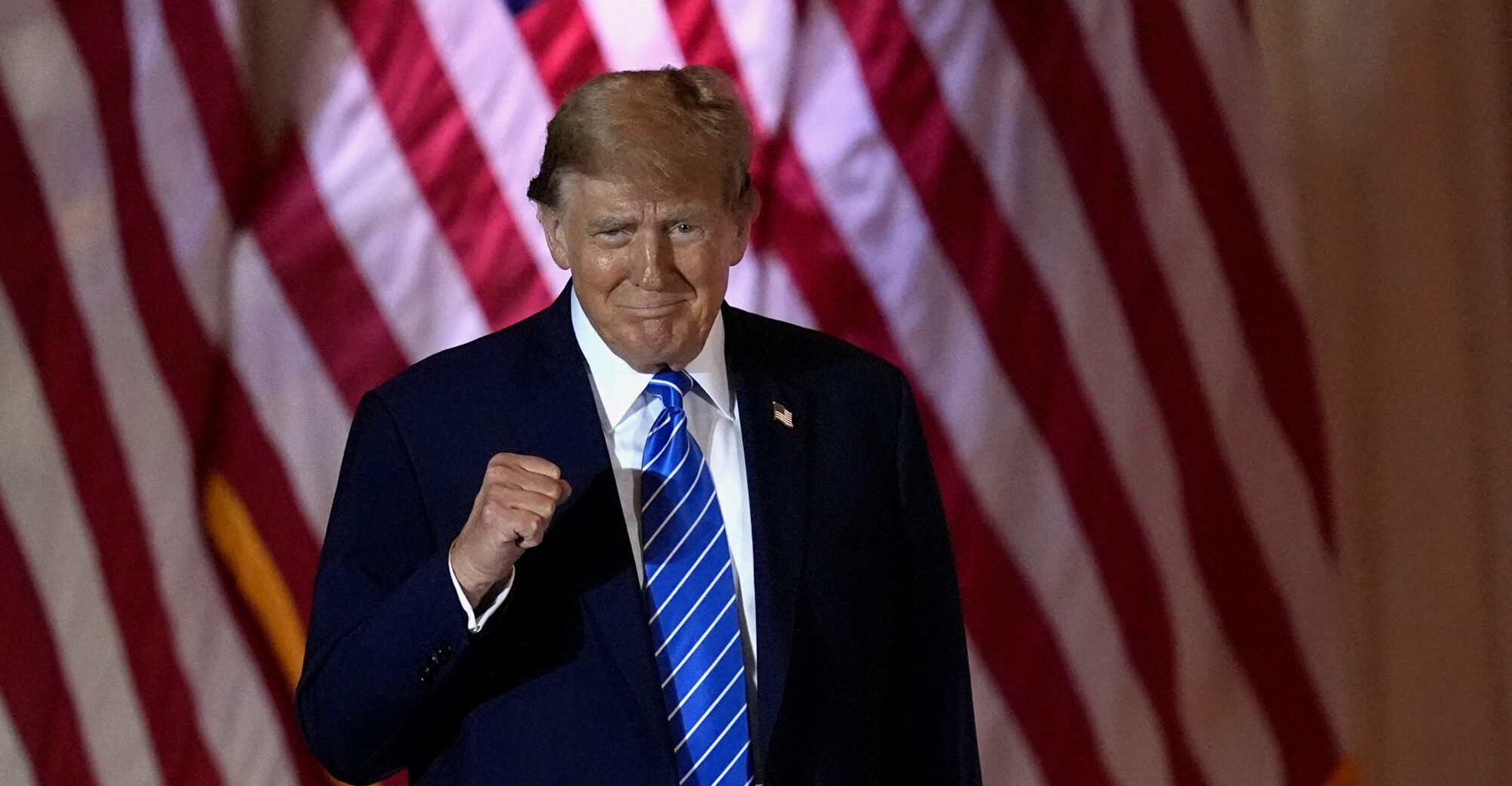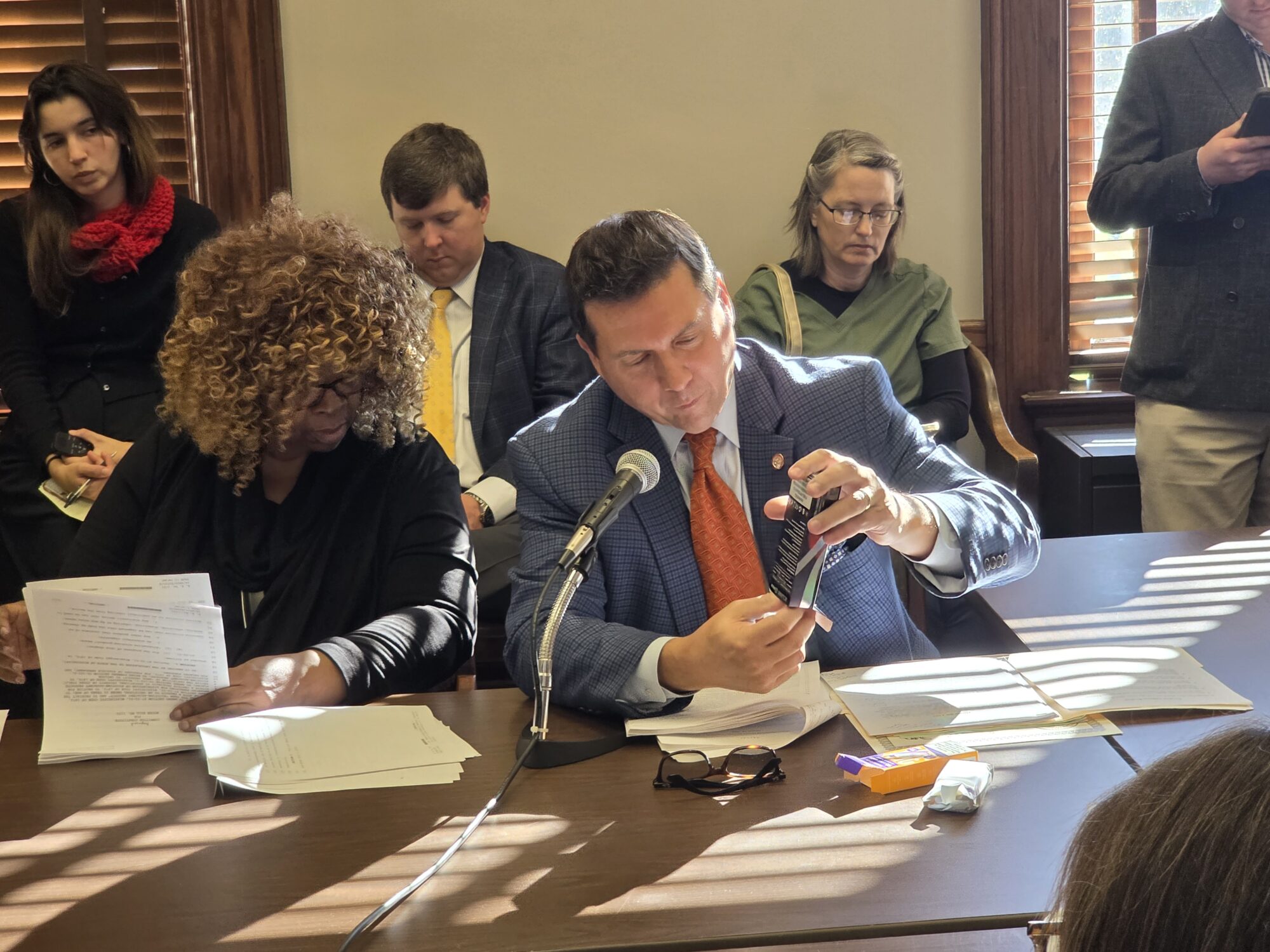
Sid Salter
- Columnist Sid Salter reviews what’s at stake as the highest court in the U.S. is set to decide the app’s fate beginning on Jan. 10.
Any way you slice, there’s a lot to unpack for fans and opponents of the social media application TikTok – the short-form Chinese-owned video platform with an algorithm that personalizes each user’s experience based on learning one’s preferences.
Fans of TikTok love the content, and many are blissfully happy to spend hours and hours viewing the app, usually from smartphones and other personal devices. Opponents see TikTok as a digital Trojan Horse capable of stealing American governmental, business, and personal data to the danger and detriment of American citizens.
With the highest court in the U.S. set to decide the app’s fate beginning on Jan. 10, perhaps a review of what this is and why it matters is in order.
ByteDance Ltd., the Chinese owner of TikTok, was founded in 2012. By 2016, the company launched Douyin, a video-sharing app aimed at China’s gargantuan market, spun off TikTok (a version of Douyin aimed at foreign markets), acquired a competitor video-sharing app for $1 billion in 2017, and then merged it with TikTok.
By 2019, troubling U.S. media reports began to surface first over online child privacy law violation allegations and later national security concerns. That led to Pentagon recommendations that the app be deleted from both personal and military phones and devices by military personnel. The same year, TikTok became the second-most downloaded app in the world.
Then-President Donald Trump issued executive orders aimed at ByteDance and TikTok, which drew lawsuits against the administration.
By 2023, with TikTok having well over a billion active users worldwide and over 170 million in the U.S., President Joe Biden issued back-to-back executive orders aimed at forcing the deletion of the app from all government devices.
The current year has seen Congress propose and pass so-called “ban or sell” legislation (which would force a U.S. ban of the app or force a sale to U.S. owners) aimed at ByteDance and TikTok, legislation that was signed into law by Biden. ByteDance and TikTok sued the U.S. government, saying the “ban or sell” law was unconstitutional.
That law has a Jan. 19, 2025, deadline—the day before Trump is inaugurated for his second term in the White House.
The U.S. Supreme Court will hear two hours of oral arguments on Jan. 10 in the company’s appeal of enforcement of the federal “ban or sell” ultimatum. Interestingly, Trump told a group of conservative supporters in Arizona in recent days that he might be open to allowing TikTok to continue operating in the U.S. “for a little while” based on his success marketing his presidential campaign on the controversial app in the 2024 campaign. Trump told supporters he had received “billions and billions of views” on the app.
TikTok and ByteDance are asking the high court to “pause” or temporarily block enforcement of the “Protecting Americans from Foreign Adversary Controlled Applications Act” – the law adopted by Congress and signed by Biden.
The Associated Press quoted Trump as telling the crowd at America Fest, an annual event organized by the group Turning Point: “They brought me a chart, and it was a record, and it was so beautiful to see, and as I looked at it, I said, ‘Maybe we gotta keep this sucker around for a little while’,” Trump said.
Closer to home, Mississippi Gov. Tate Reeves announced a ban on the use of TikTok on all state-owned devices and networks in Jan. 2023. The Mississippi Legislature followed suit enacting a new law in April 2023 that banned the app from state devices and networks effective July 1, 2023.
Content creators who use TikTok to peddle their wares or services are protesting loudly that a ban endangers their businesses, but the likely outcome is that TikTok’s First Amendment and business impact arguments will be ignored by the high court in favor of national security concerns.
Even if the Supreme Court refuses to pause the law before Jan. 19, the future of TikTok remains uncertain. The app operates on app stores and cloud servers like Apple, Google and Oracle. TikTok could move to offshore hosts.
The broader impacts of this decision on U.S.-China relations are an even bigger mystery but suffice to say it won’t be at all helpful in the short term.








